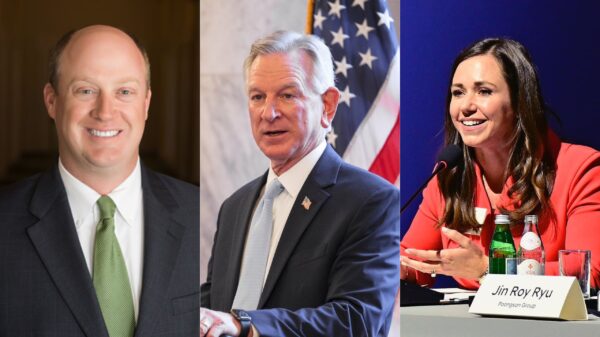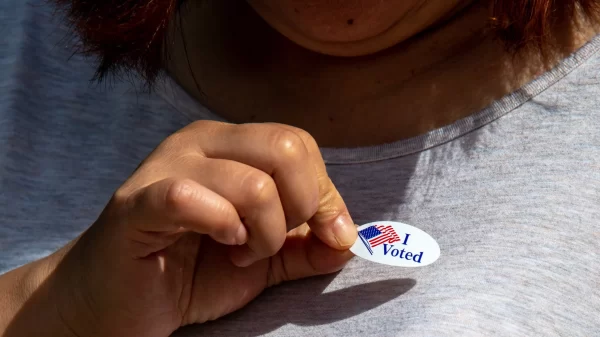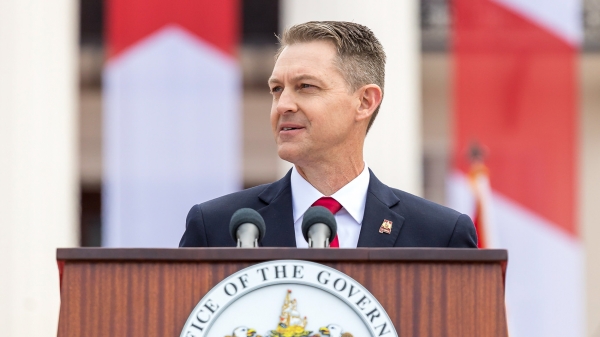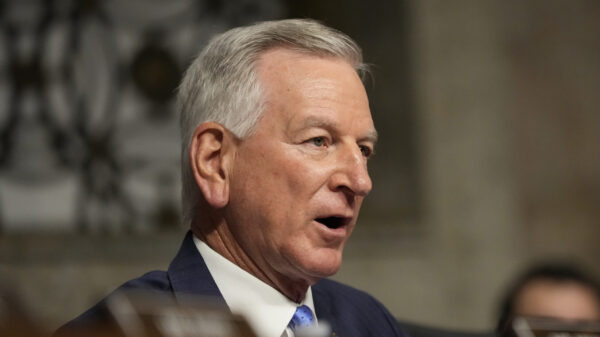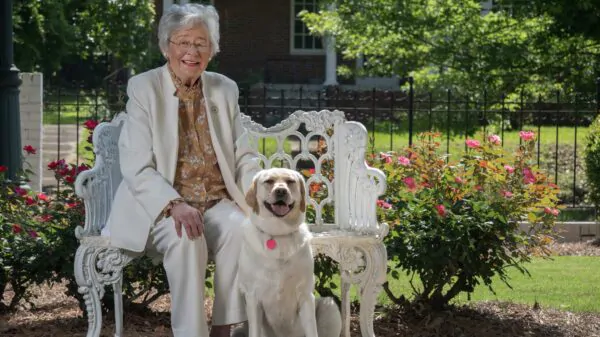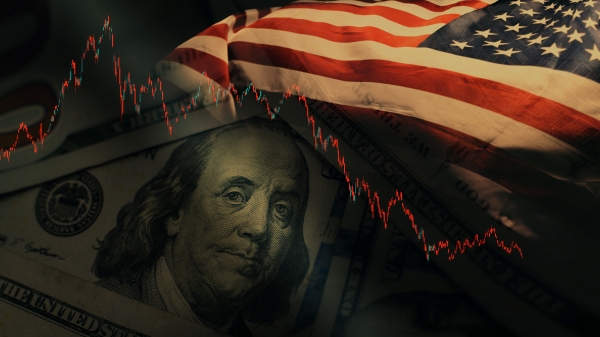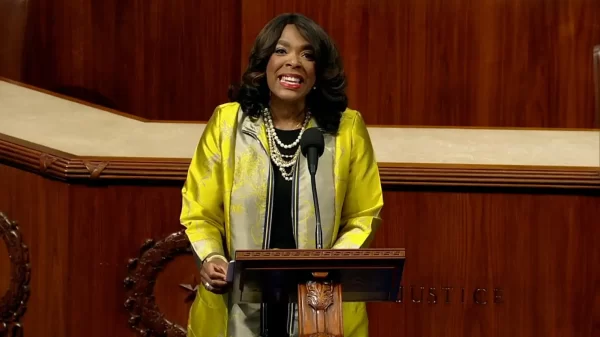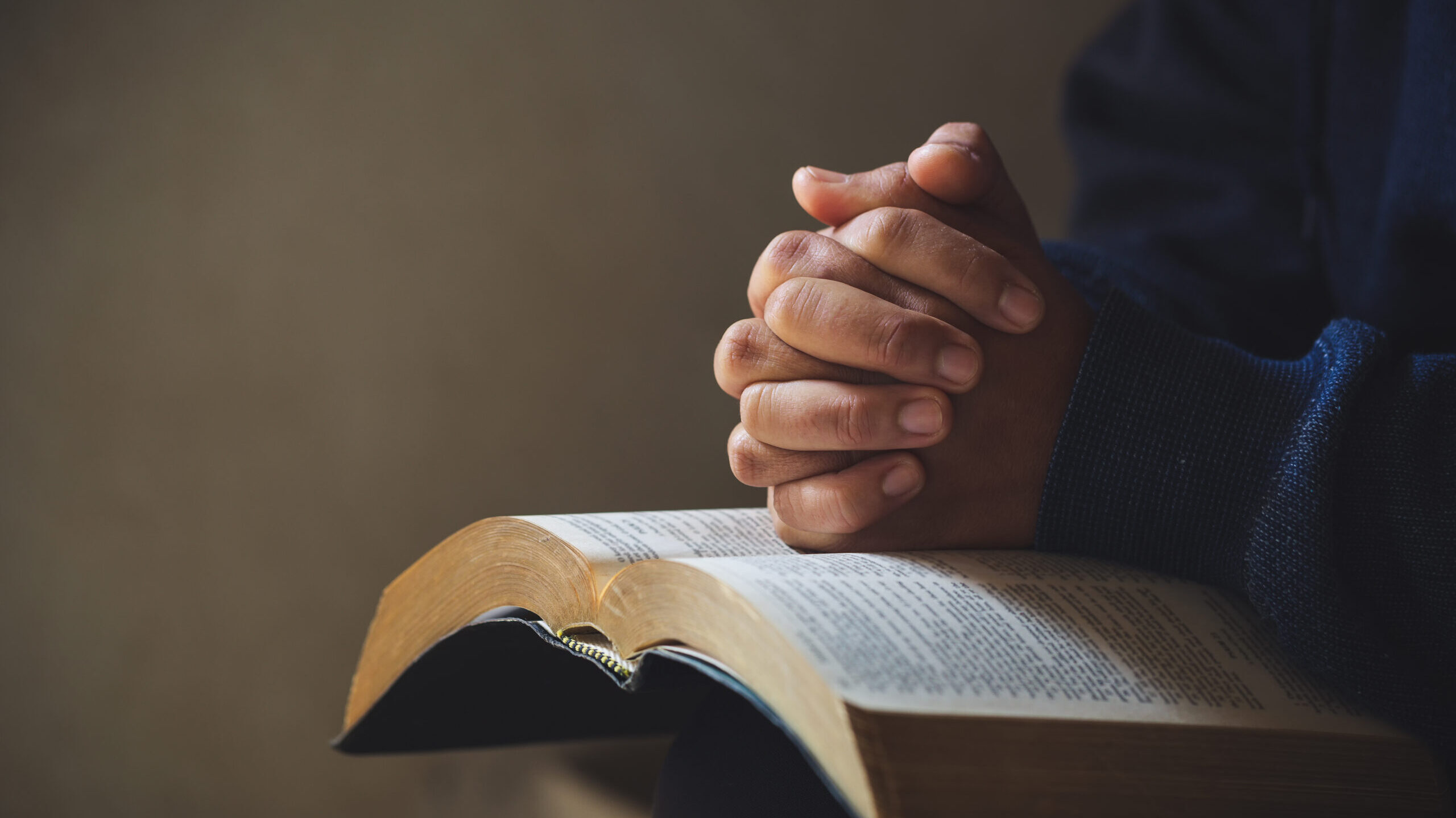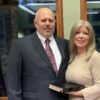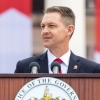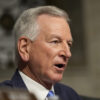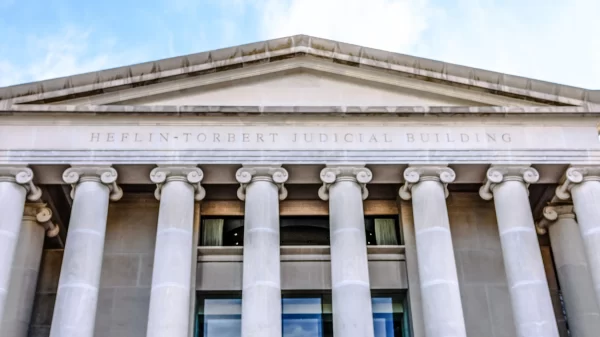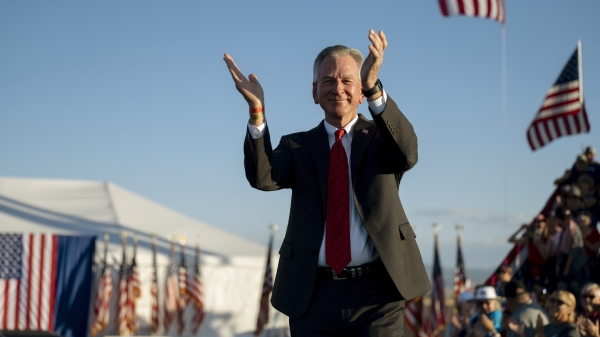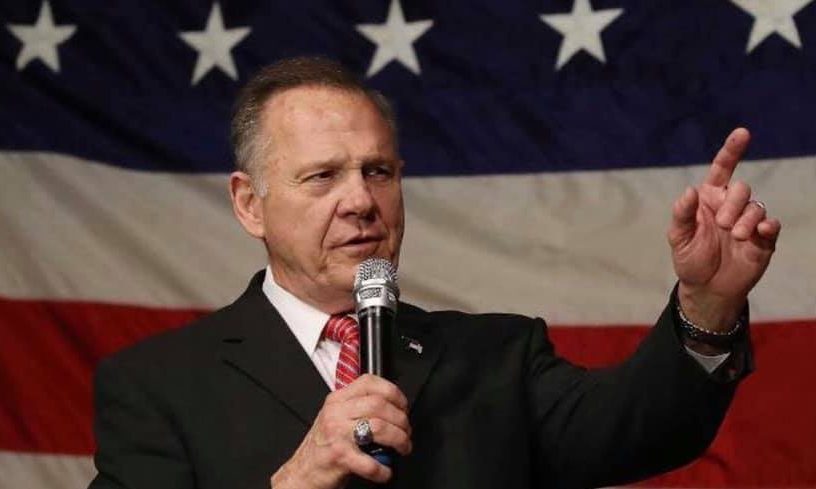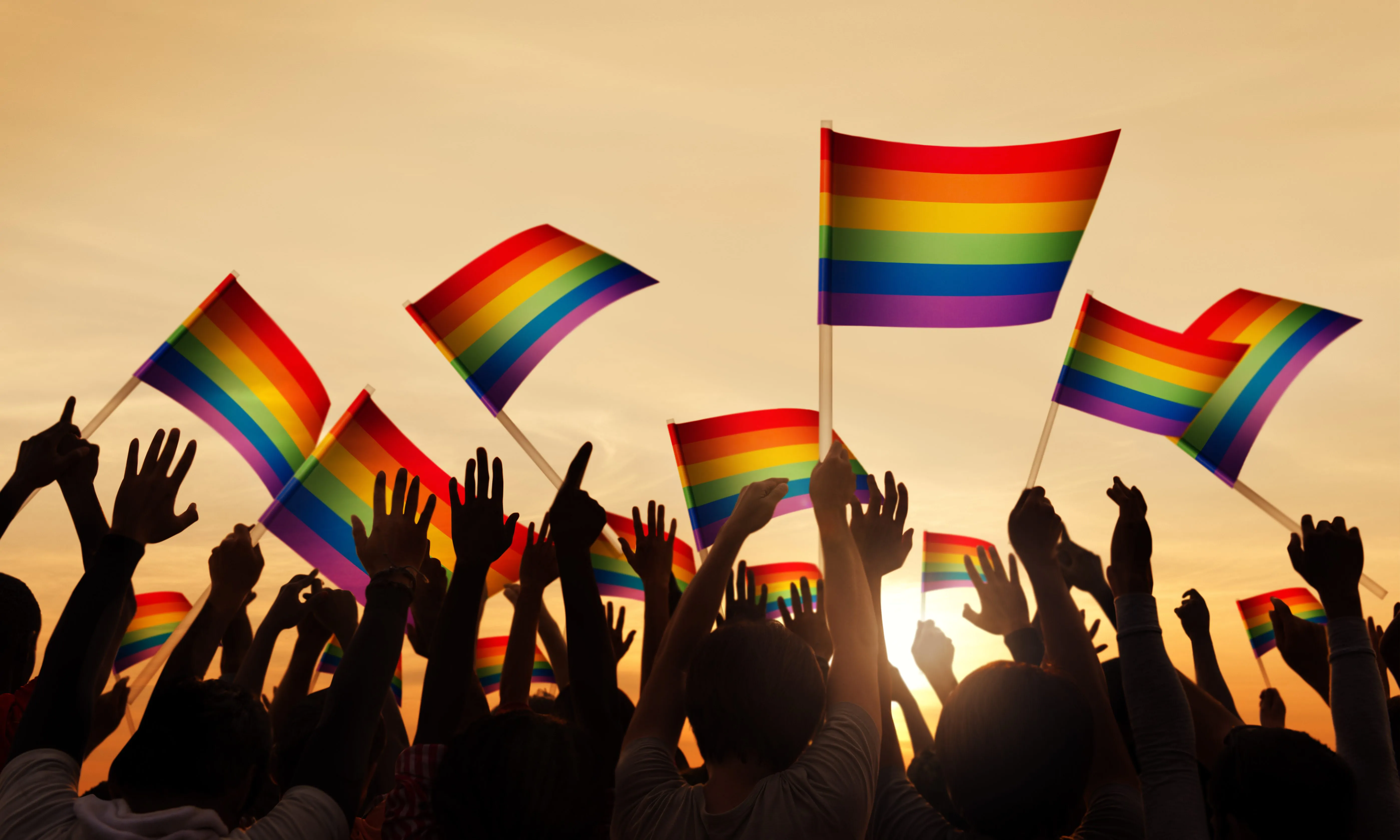When the church stops preaching and starts legislating, democracy is the first casualty.
Some of us were taught that it’s the love of God that leads people to repentance — not the wrath, not the judgment, and certainly not the political manipulation of faith. That’s the message Jesus carried in the Gospels: love your neighbor, feed the hungry, heal the sick, protect the vulnerable. So where is that love now?
Because what we witnessed this week at the Southern Baptist Convention wasn’t love. It was a calculated flex of ecclesiastical power dressed up as divine duty. It was less about salvation and more about legislation.
More than 10,000 Southern Baptist delegates gathered to declare that same-sex marriage must not only be condemned from the pulpit — but erased from civil law. With no debate, they called on lawmakers to overturn Obergefell v. Hodges, the Supreme Court ruling that gave same-sex couples the same legal rights as everyone else. That wasn’t just a resolution — it was a declaration of war on civil liberties.
And they didn’t stop there.
Delegates demanded government crackdowns on pornography, sports betting and gender identity, and called for policies promoting childbearing as a moral imperative. A resolution even condemned the “willful childlessness” of modern culture, framing fertility rates as a public policy crisis — as if wombs were now the business of the state.
They spoke not as ministers of grace but as architects of a theocracy — intent on reshaping American life around a narrow, rigid brand of theology. The line between church and state wasn’t blurred at this convention; it was bulldozed.
And we’d be foolish to treat this as an isolated outburst.
Here in Alabama, we’re seeing the same creeping fundamentalism entangle itself in the gears of government. Lawmakers are no longer content to be guided by faith — they are governed by it. They are replacing sound, inclusive policy with scripture and using public office to impose one interpretation of Christianity on everyone else.
This isn’t principled governance. It’s religious control. And more often than not, it harms more people than it helps.
Legislation targeting reproductive rights, trans youth, and even classroom instruction isn’t emerging from data or democratic consensus — it’s born from pulpits and prayer meetings. One brand of theology is shaping the whole of government action, and we are all living in the consequences.
This fusion of religion and state isn’t new. It echoes back to the First Council of Nicaea in 325 AD, when Constantine didn’t seek a deeper faith — but a firmer grip on a fracturing empire. By uniting church doctrine with imperial authority, he planted the seeds of a state-church entanglement that would yield centuries of persecution and control — all in the name of God.
Our Founders knew that history well. That’s why Thomas Jefferson wrote of a “wall of separation between church and state.” It’s why James Madison cautioned, “Religion and government will both exist in greater purity, the less they are mixed together.” It is why the Constitution names no deity — but safeguards the rights of all.
Jesus never called his followers to dominate Caesar’s court. He said plainly, “My kingdom is not of this world.” He embraced the outcast, uplifted the poor and rejected the self-righteous. And he never once suggested the church should write the laws of the land.
Yet today, too many churches are defined not by who they serve, but by what they oppose — against marriage equality, against gender identity, against reproductive freedom — while claiming moral authority over an increasingly diverse nation.
Faith becomes coercion. Righteousness becomes self-righteousness. Love becomes law — and law forgets how to love.
History is littered with the wreckage of theocracies — from the iron grip of the Spanish Inquisition to the oppression of clerics in modern Iran. When religion seeks to control the state, both are corrupted. And when government chooses doctrine over democracy, the people suffer.
In trying to render everything unto God, they have forgotten what belongs to Caesar — and what belongs to us all.
If we want to preserve both our democracy and our faith, we must keep the pulpit out of the legislature and the legislature out of the pulpit. Anything less risks turning prophets into politicians — and turning our laws into dogma.

